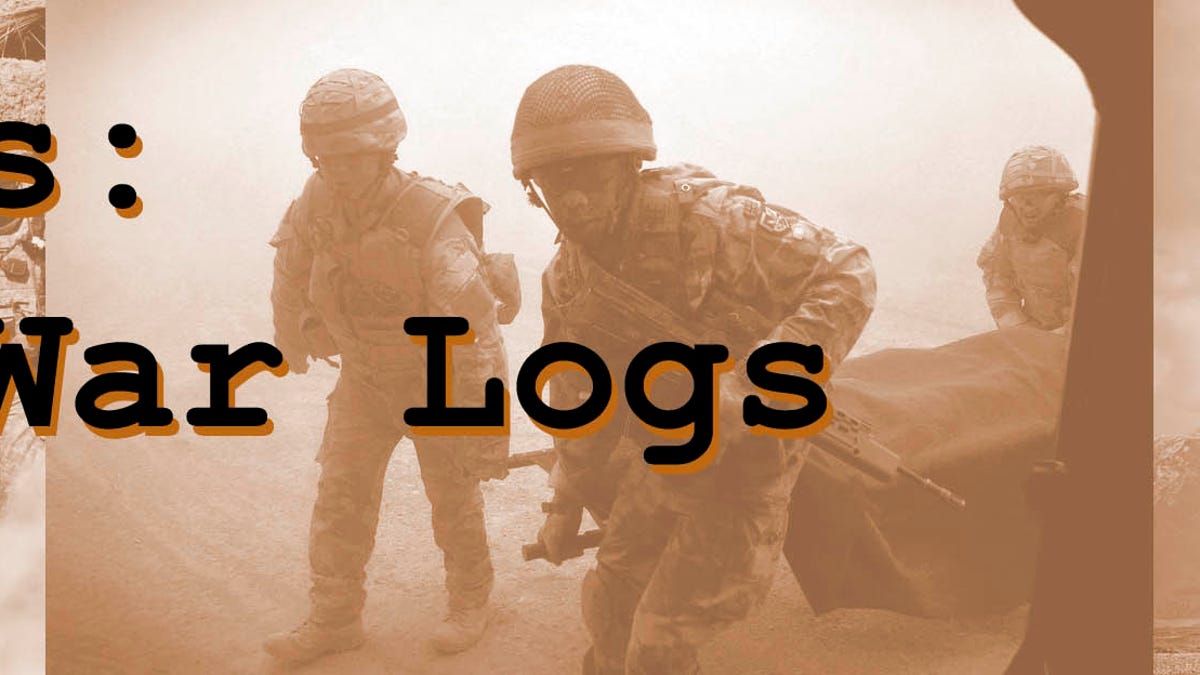Defense Dept. demands that Wikileaks return files
The U.S. Defense Department formally demands that Wikileaks return all classified military records, and it leaves open what might happen to the group's principals, if they refuse.

The U.S. Defense Department on Thursday formally demanded that Wikileaks return all military records that it possesses, saying they are the "property of the U.S. government."
Geoff Morrell, the department's press secretary, said the military "demands that Wikileaks return immediately to the U.S. government all versions of documents obtained directly or indirectly from the Department of Defense databases or records" and permanently delete them.
In addition, Morrell said, the Wikileaks.org Web site "constitutes a brazen solicitation to U.S. government officials, including our military, to break the law" by claiming that leaking confidential or classified information is legal.
The Wikileaks site boasts that "submitting confidential material" is "safe, easy, and protected by law." That appears to be a reference to legal protections in other countries; the main server, for instance, is located in Sweden.
In a Twitter message, Wikileaks called the Pentagon representative "obnoxious" and the request a "threat," but it didn't otherwise respond. A moment later, the group posted another note, saying, "Now is a good time to send Wikileaks all your money!"
Early last week, the document-sharing group posted about 100 megabytes of confidential dispatches from U.S. troops in Afghanistan, which appears to have caused more Americans to view the war as a mistake. This led to an unusually heated outcry in political circles, with the White House condemning the leak, a Republican congressman suggesting that whoever gave the documents to Wikileaks be executed for treason, and conservative commentators arguing that Wikileaks.org should be shut down by any means necessary.
But the problem with censoring Wikileaks is the difficulty of convincing an Internet service provider in Sweden--or the Swedish government, for that matter--that material that irks the Pentagon is necessarily also illegal under Swedish law. And even if Wikileaks.org is taken offline, the group has long planned for mirror sites in other nations.
Morrell didn't say how the U.S. military would respond, if Wikileaks ignores its request. "How do we intend to compel?" he asked. "At this point, we are making a demand of them...If it requires compelling them to do anything, then we will figure out what other alternatives we have to compel them to do the right thing."
The Defense Department also stressed that Wikileaks has not asked for help in reviewing 15,000 Afghan war files it has so far withheld from public disclosure, until the group can review and redact them. "Wikileaks has made no such request directly to the Department of Defense," Morrell said.
Update 9 p.m. PT Thursday: A few minutes ago, Wikileaks responded by saying: "We are examining the Pentagon's 'request' and will issue a statement in due course."
Earlier in the day, during a State Department briefing, P.J. Crowley, assistant secretary of state for public affairs, suggested the possibility of international cooperation against Wikileaks.
"We are obviously not the only government that has concerns about WikiLeaks," Crowley said. "I can't cite any particular conversation that we've had with other governments, but I think we collectively, you know, have the same interest in protecting classified information.."
Daniel Benjamin, the State Department coordinator for counterterrorism, at a separate event, took pains to downplay the impact or relevance of the Afghanistan war files.
"The Wikileaks documents ran up only through December of 2009," Benjamin said. "The president had, you know, unrolled a new policy for Afghanistan and Pakistan at that time. We feel that with the strategic dialogue, with the new policy in Afghanistan, we are building a much better relationship, a more wide-ranging relationship, and one that is bringing our countries together to confront the common threats we face."
Update 9:15 p.m. PT Thursday: Here's the video of the Defense Department press conference, a Wikileaks versus the Pentagon rap video on YouTube, and a Washington Times report that the military is banning visits to Wikileaks.org from its own computers. (And a possible leak of the e-mail describing the ban.)

